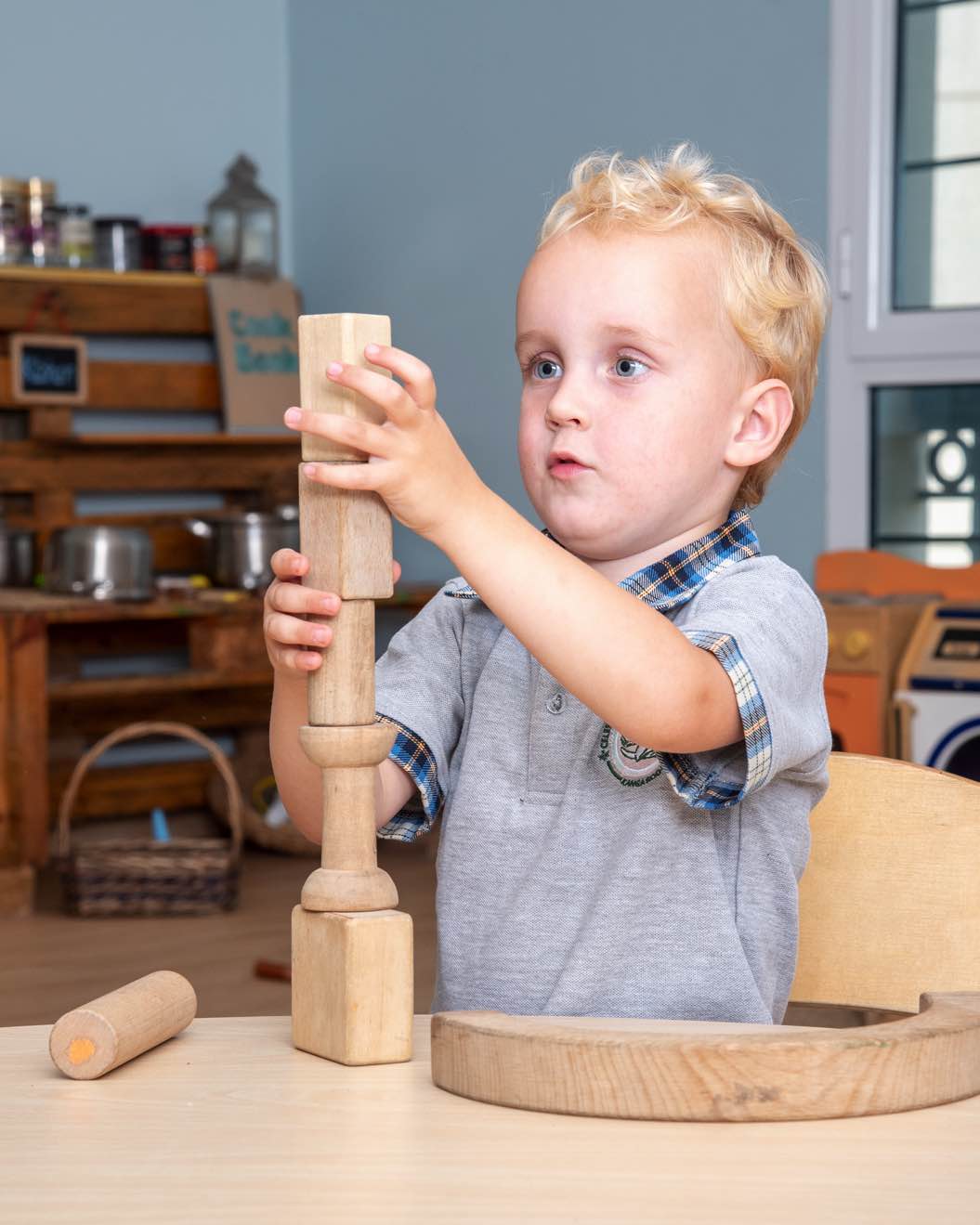
The Early Years Foundation Stage (EYFS) is a vital structure that guides early childhood education. One of its key aspects is the systematic tracking of a child’s progress and development during these foundational years. This process is not only essential for assessing children’s growth but also for providing tailored support and enhancing their overall learning experience. Here, we will evaluate the significance of tracking progress and development in the EYFS years and the various tools and methods used to achieve this.
Continuous observation and assessment:
Observation and assessment are fundamental components of tracking a child’s development in the EYFS years. Educators regularly observe and document children’s activities, behavior, and interactions. They use this information to assess a child’s progress across the seven areas of learning and development outlined in the EYFS framework.
The learning journey:
The “learning journey” is a common tool used to track a child’s progress. It consists of a collection of observations, photographs, and examples of the child’s work. These records help educators and parents understand the child’s development and identify areas that may need additional support.
EYFS profile assessment:
At the end of the EYFS years (typically around the age of five), children undergo an EYFS Profile assessment. This assessment summarizes a child’s achievements and areas of development. It includes the child’s Early Learning Goals, which are linked to the seven areas of learning in the EYFS framework.
Development Matters document:
The “Development Matters” document is a companion to the EYFS framework. It offers guidance on how to assess a child’s progress and development. Educators use this document as a reference to ensure that children are meeting age-appropriate milestones.
Parental involvement:
Parents and caregivers play a crucial role in tracking a child’s progress. Open communication with educators is encouraged, and parents are often provided with updates and insights into their child’s development. This collaboration ensures that everyone is on the same page regarding a child’s progress.
Individualized learning plans:
When an area of concern is identified in a child’s development, educators can create individualized learning plans. These plans outline specific goals and strategies to support the child’s progress in that area.
